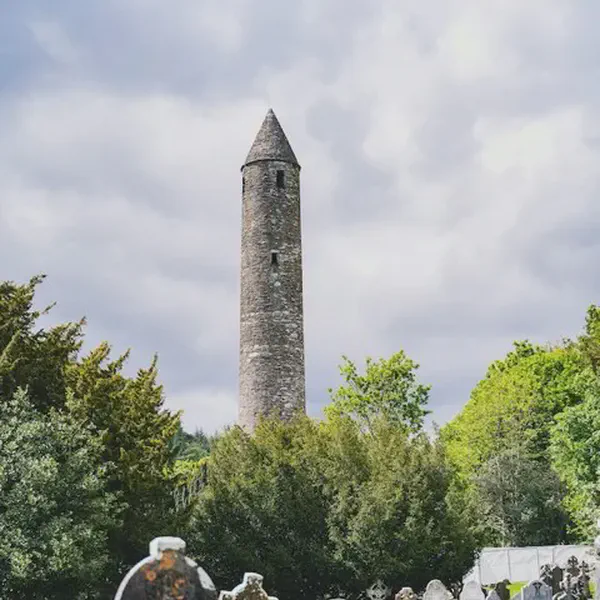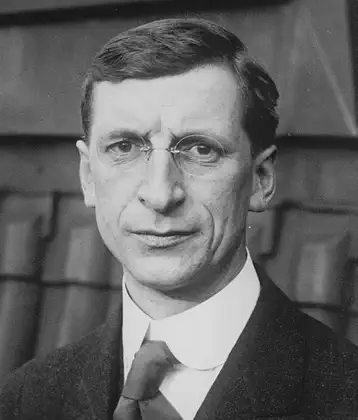
James VII of Scotland and James II of England (14 October 1633?16 September 1701) became King of Scots, King of England, and King of Ireland on 6 February 1685. He was the last Roman Catholic monarch to reign over the Kingdom of Scotland, Kingdom of England, and Kingdom of Ireland. Some of his subjects distrusted his religious policies and alleged despotism, leading a group of them to depose him in the Glorious Revolution. He was replaced not by his Roman Catholic son, James Francis Edward, but by his Protestant daughter and son-in-law, Mary II and William III, who became joint rulers in 1689.
With a French army on his side, James landed in Ireland in March 1689. The Irish Parliament did not follow the example of the English Parliament; it declared that James remained King. At James urging, the Irish Parliament passed an Act for Liberty of Conscience which granted religious freedom to all Catholics and Protestants in Ireland. The king was, however, defeated at the Battle of the Boyne by William III on 1 July 1690. He fled to France after the defeat departing from Kinsale, his alleged cowardice leading to the dissolution of much of his support and earning him the nickname Séamus á Chaca (James the Shit) in Ireland.
In France, James was allowed to live in the royal château of Saint-Germain-en-Laye. An attempt was made to restore him to the Throne by assassinating William III in 1696, but the plot failed. Louis XIVs offer to have James elected King of Poland in the same year was rejected, for James feared that acceptance of the Polish Crown might (in the minds of the English People) render him incapable of being King of England. Thereafter, Louis ceased to offer assistance to James; his decision was formalized by the Treaty of Ryswick (an agreement with William III) in 1697. During his last years, James lived as an austere penitent. He died of a brain hemorrhage in 1701 at Saint-Germain-en-Laye, where he was buried.

